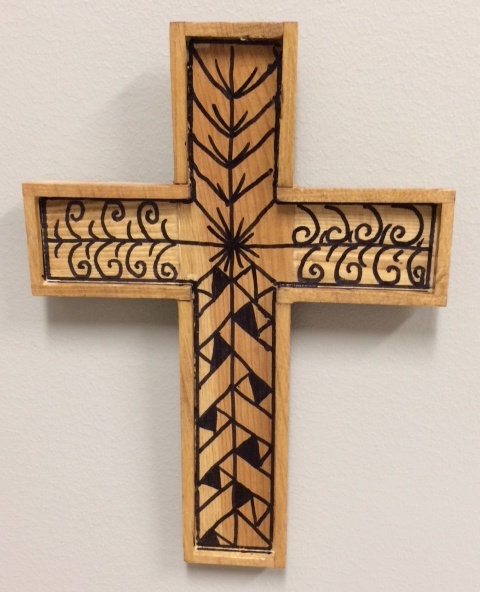Center for Catholic Education at UD

Reflections on the Anniversary of the Protestant Reformation
By Joe Twiner, UD Senior
This week marks 500 years since Martin Luther nailed his 95 Theses to a Wittenberg Church. The importance of such an action was likely lost on many of Luther’s contemporaries from both Catholic and Protestant parties. By nailing of the 95 Theses, Luther began what is now known as the Protestant Reformation which has lead to the increased number in Christian denominations. Additionally the results of the Reformation led to the Catholic Counter-Reformation which included large reforms to curb corruption and abuse within the Church. As Catholics we should use this anniversary to reflect on ourselves and our Church in order to better understand how we can relate to our non-Catholic Christian brothers and sisters.
Since the Second Vatican Council there has been increased efforts put towards ecumenism. In the Gospel of John, Jesus says, “I will remain in the world no longer, but they are still in the world, and I am coming to you. Holy Father, protect them by the power of your name, the name you gave me, so that they may be one as we are one” (John 17: 11). In an attempt to fulfill Jesus’ prayer, ecumenism is the effort to work toward full and complete Christian unity. Catholics are called to enter into dialogue with other Christian denominations so as to try to bring about this unity.
The Vatican II document Unitatis Redintegratio deals directly with the issue of ecumenism. In terms of how Catholic education can participate in the work of ecumenism the council said, “This concern [ecumenism] extends to everyone, according to his talent, whether it be exercised in his daily Christian life or in his theological and historical research” (5). Catholic schools are at a special place where they can bring ecumenical thought into the lives of so many young Catholics. Schools, which increasingly have a larger percentage of non-Catholic students, can demonstrate how Christian love goes far beyond denominational boundaries. The talent of Catholic school teachers could be and is a huge addition to Christian unity.
So let us take time this week to remember that to be Catholic is to be ecumenical. To remember Reformation day is to remember an event within the history of not only Protestant churches but also a formative event within Catholic history.
Edited by Barb Miller and Lindsey Bronder
